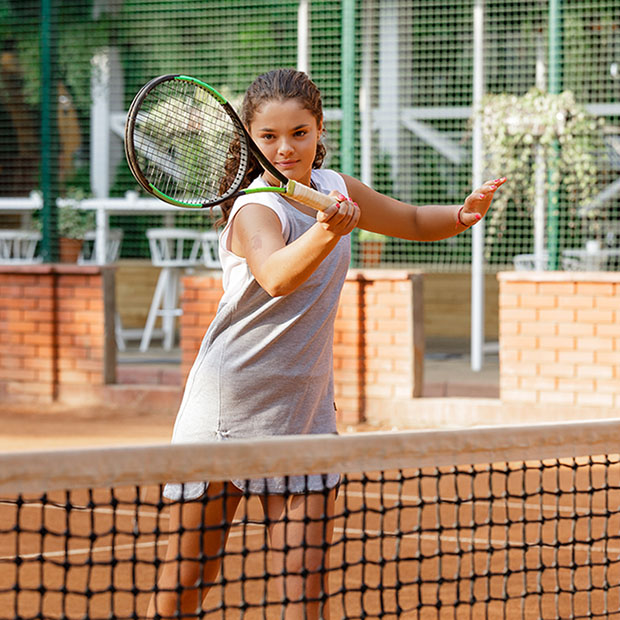Preventing Sports Eye Injuries

Most eye injuries are entirely preventable.
This includes those sustained during athletic activities. While eye protection is commonly associated with professions like welding, construction, or laboratory work, it’s equally crucial for athletes. In the United States alone, proper eye protection could prevent approximately 27,000 of the 30,000 eye injuries reported annually in sports — that’s a staggering 90%. Let’s explore how simple measures can safeguard your eyesight on the field, court, or track.
Which Sports Pose the Greatest Risk for Eye Injuries?
Eye protection should be a key consideration in any sport, but the risk to eye safety varies by activity. High-risk sports, particularly shooting sports such as paintball and airsoft, present significant dangers to eye health. Racket sports, along with team sports like lacrosse, football, hockey, and soccer, also carry a heightened risk of eye injuries. While snow sports such as snowboarding and skiing generally pose a lower risk of direct eye injuries, wearing snow goggles is crucial for other safety reasons.
Choosing the Right Eye Protection for Your Sport
Selecting appropriate eye protection is straightforward for many contact sports, with face masks and specialized goggles readily available, especially for popular sports like football. For other activities, polycarbonate goggles are typically an excellent choice. These goggles are durable, shatter-resistant, and can comfortably fit over regular glasses. Additionally, many athletes opt for prescription goggles, eliminating the need to wear their everyday glasses during games and practices.
Navigating Eye Protection in Challenging Sports
Certain sports, such as water polo, present unique challenges when it comes to eye protection. In these activities, wearing protective goggles might actually increase the risk of injury if they are forcefully pushed into the eyes by, for example, a stray elbow. It’s important to stay updated with the guidelines provided by organizations like USA Water Polo, which offer specific recommendations for these scenarios, especially for players who need corrective lenses. Surprisingly, for many athletes, opting to play without goggles may actually be the safer choice.
Eye Safety for Outdoor Enthusiasts
Many outdoor activities, including hiking, mountain biking, skiing, and snowboarding, expose participants to potential eye hazards, notably UV damage from the sun. It’s essential to choose high-quality UV-blocking goggles tailored to your outdoor pursuits. Experiment with various tints and polarized lenses to determine which options best enhance your experience. Different colors can improve contrast, making it easier to navigate terrain, while polarized lenses are excellent for reducing glare — this makes them particularly beneficial for activities like fishing.
Discover the Ideal Eye Protection for Your Activities!
Choosing the right eye protection from the myriad of types and brands available can seem daunting, but we’re here to help you streamline the process and select the perfect goggles or mask for your activities. Our priority is ensuring the safety of all our patients as they engage in their favorite pursuits. Remember, if you sustain an eye injury, it’s crucial to seek immediate care from an eye doctor or visit the emergency room — prompt treatment can significantly improve your recovery outcomes.
